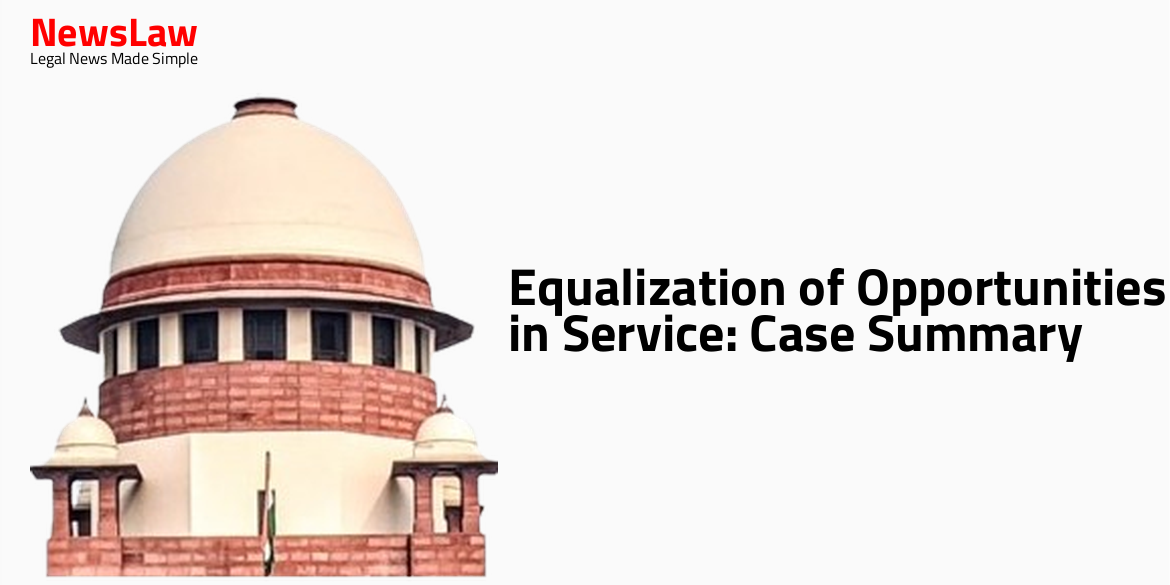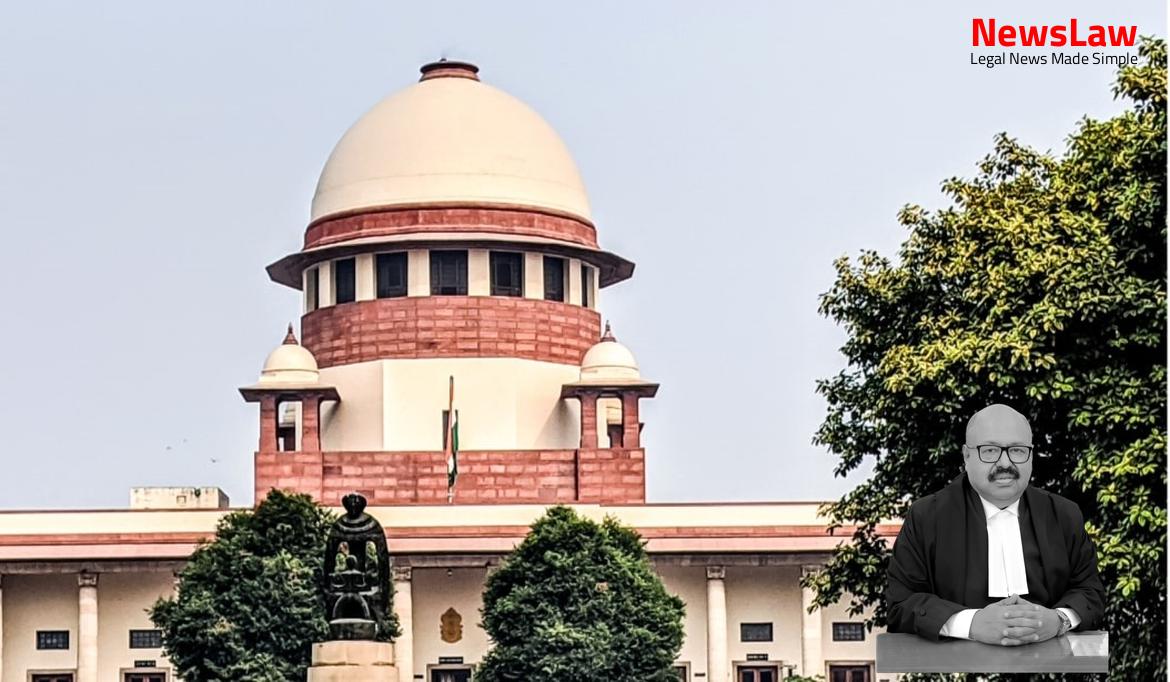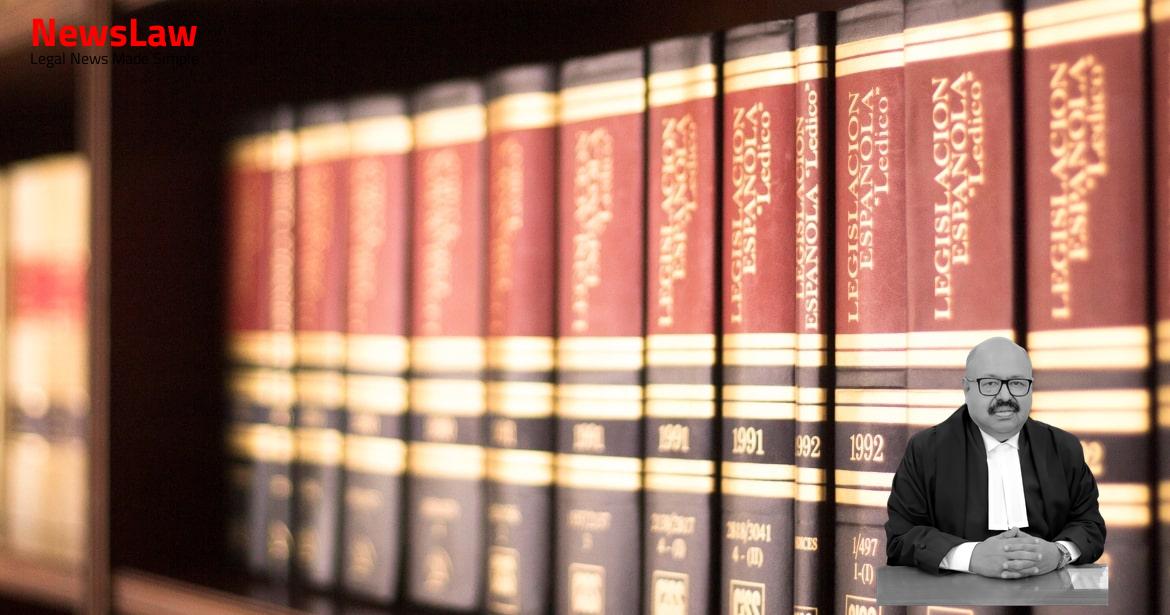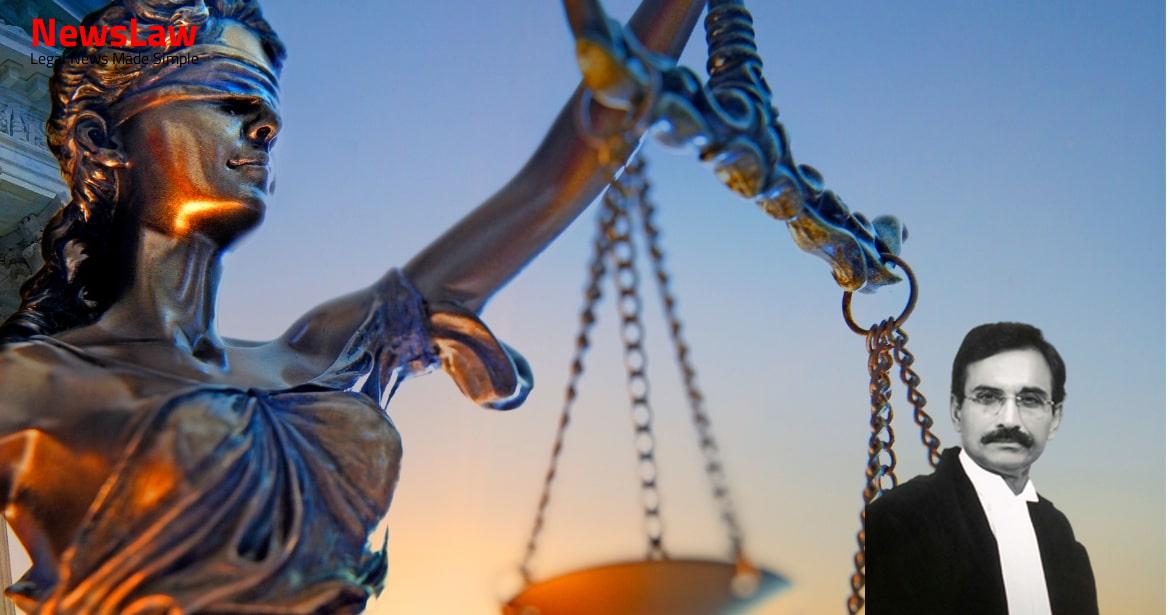The recent Delhi High Court judgment delves into the issue of equalization of opportunities in service benefits, focusing on the case involving the civilian ministerial staff of Secretarial Service with the DGS. The petitioners sought parity in pay and allowances with ARC/SFF Secretarial/Ministerial staff, leading to a detailed examination of service conditions and grade pay levels. The case underscores the importance of fairness and equity in employment terms, ensuring that all employees are treated justly in the workplace.
Facts
- The Tribunal noted the contention of the civilian ministerial staff of Secretarial Service with the DGS under the CS.
- The civilian ministerial staff argued that the transfer of SSB and CIOA from CS to the Ministry of Home Affairs was unjustified.
- The civilian ministerial staff mentioned their common DGS with the four units and the promulgation date of November 4, 1975.
- The Tribunal disposed of the OA by considering the arguments presented by the civilian ministerial staff.
- Petitioner No.1 challenged the judgment before the Tribunal which was dismissed.
- The Tribunal decided in favor of the applicants in the Original Application.
- The petitioners sought parity in pay and allowances with ARC/SFF Secretarial/Ministerial staff.
- The case revolved around the appointment and conditions of service of ministerial staff from the erstwhile DGS Secretarial Service now under the SSB.
- The Ministry of Finance approved grade pay for SOs and PSs of SSB at par with ARC/SFF employees.
- Pending adjudication in another OA, the Tribunal granted the same pay to SSB staff as their counterparts in ARC and SFF.
- The Department filed an appeal against the Tribunal’s judgment before the Court.
Arguments
- The petitioner argued that the employees of ARC/SFF were granted a 15% security allowance based on the recommendation of the 6 CPC in 2006, which was not extended to SSB staff prior to 2001.
- The petitioner stated that the trifurcation policy was upheld by the Supreme Court in a specific case and hence the relief sought by the respondents for cadre restructuring in SSB lacks merit.
- It was highlighted that SSB staff is now governed by different rules under MHA post its transfer from CS, and therefore the claim for parity with ARC/SFF employees is not justified.
- The petitioner mentioned anomalies in pay scale and promotional opportunities between SSB and ARC/SFF, emphasizing the differences in recruitment rules and conditions of service post-trifurcation.
- The contention that chances of promotion were reduced for SSB staff was refuted on the basis that such chances are not conditions of service, as ruled by the Supreme Court in various cases.
- The respondent seeks dismissal of the Writ Petition.
- The Tribunal directed the petitioner to devise suitable methods for equalization of opportunities and benefits for employees post-transfer.
- Employees transferred from DDA to MCD were granted similar protection and benefits as their earlier cadre/service.
- The Court upheld the Tribunal’s direction that transferred employees continue to receive the same benefits as if they were in DDA.
- The judgment of March 1, 2012, in W.P. (C) No 2621/2010 and 2671/2010 was cited where the Supreme Court dismissed the SLP filed by MCD against the Tribunal’s decision.
Analysis
- The issue of disparity between Secretariat and Field offices was noted by the Commission in its recommendations.
- The grade pay for SOs and PSs in SSB was categorized as ‘Non-Secretarial’ due to a Ministry of Finance notification.
- Recruitment Rules for SSB were notified with respect to service conditions, as SSB falls under MHA.
- Pleas of Mr. Ghose and Mr. Saxena about grade pay parity with ARC and SFF were not entertained by the Tribunal as it was not raised earlier.
- The O.A. filed in 2012 for relief in 2006 was disputed on the grounds of limitation.
- Claim for a 15% special allowance was not pressed by Mr. Ghose during the hearing.
- Arguments were presented for granting the next grade pay level of ₹4,600 to the employees in the grade pay of ₹4,200 below that of SOs and PSs.
- The Tribunal’s judgment primarily focused on the grant of grade pay at ₹4,600.
- Separate recommendations were made regarding Secretariat and non-Secretariat Organizations, so absolute parity in all aspects would render the separate recommendations pointless.
- The issue of pay parity was not addressed by the Supreme Court as it was not part of the case.
- Grade pay extension in SSB was done on the basis of parity with ARC/SFF employees.
- Transfer of Civil Wing of SSB to IB was decided with integration with IB cadres and governance by IB service conditions.
- Approval for grade pay of ₹4,800 and ₹5,400 for SOs and PSs in SSB was granted by Ministry of Finance on par with ARC/SFF employees.
- Supreme Court approved the trifurcation of the organization by a letter from the Cabinet Secretariat and reiterated the administrative control under MHA since 2001.
- The respondents were aware of the trifurcation and transfer of SSB to MHA in 2001 but raised their concerns only in 2012 after more than 11 years.
- The judgment in Bichitrananda Behera v. State of Orissa & Ors. (2023) 15 SCR 404 highlights the importance of timely claims in service-related matters.
- Delay, laches, and acquiescence are interconnected principles according to Union of India v N Murugesan, (2022) 2 SCC 25.
- The MHA’s decision in April 2011 clarified that CPFs do not fall under the Secretariat Service category.
- The judgment in Union of India v. Manoj Kumar, (2021) 17 SCC 662 emphasizes that equal pay for equal work may not apply when designations have different controlling authorities.
- Various cases like Federation of All India Customs & Central Excise Stenographers v. UOI & Ors, and Harbans Lal &Ors v. State of Himachal Pradesh & Ors support the principle of equal pay for equal work.
- The cause of action for the grant of pay scale survives post-trifurcation, with MHA becoming the Controlling Authority.
- Ms. Lakra argues that the respondents cannot seek parity with the incumbents in ARC/SFF
- The organizations are considered different entities with separate recruitment rules
- The respondents are governed by the Recruitment Rules of 2006
- The Tribunal has remanded the matter to the petitioners to make an informed decision on benefits for the respondents
Decision
- Petitioner is granted three months to make a decision as per Tribunal’s directions.
- Applications for impleadment are not allowed as the applicants were not parties before the Tribunal.
- Matter narrowed down to grant of grade pay of ₹4,600/-.
- Petitioners must consider the fact that SOs/PSs have been granted grade pay of ₹4,800/- and further grade pay of ₹5,400/- after four years.
- The feeder post of SOs/PSs has been granted grade pay of ₹4,200/-, not the immediate below grade pay of ₹4,600/-.
- Applicants are advised to seek remedy as available in law.
Case Title: UNION OF INDIA & ANR. Vs. TAPASH BASAK & ORS (2024:DHC:4301-DB)
Case Number: W.P.(C)-716/2015



